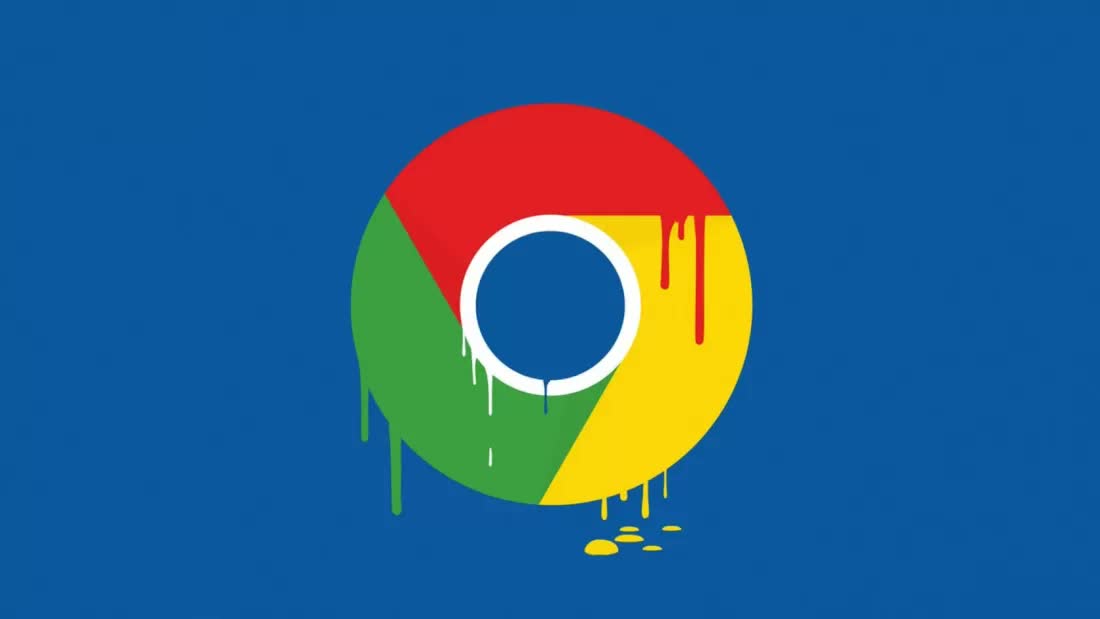Why it matters: Google has revealed that its Chrome browser extensions that fall under the Manifest V2 framework will no longer work from January 2023, which could lead to ad-blockers being impacted or just outright ceasing to function.
Developers will not be able to submit new Manifest V2 extensions on the Chrome Web Store come January 17, 2022, although they'll be able to update existing extensions in the interim. A year later, in January 2023, the browser will no longer run Manifest V2 extensions, and update support will also be cut off.
Manifest V3 was developed to address concerns surrounding security and performance for its predecessor – V2 could be exploited to create malware and obtain sensitive data.
"Years in the making, Manifest V3 is more secure, performant, and privacy-preserving than its predecessor," said David Li, product manager for Chrome extensions and the Chrome Web Store. "It is an evolution of the extension platform that takes into consideration both the changing web landscape and the future of browser extensions."

Once Manifest V2 extensions are indefinitely blocked in Chrome, developers will naturally need to update their extensions to function under Manifest V3. But it's not that straightforward for ad-blockers, at least in the case of Raymond Hill, developer of the hugely popular uBlock Origin.
He said the changes in the Manifest V3 proposal would effectively break the extension, which also operates as a content blocker.
As The Register noted, Adblock Plus and other plugins that deliver an ad-free experience for users will still be able to function to an extent, but modifications may make it become a shadow of its former self; the changes in V3 limit the abilities for extension developers.
With full functionality at stake for plugin makers, Firefox creator Mozilla said it'll mostly adopt Manifest V3, but it won't replace the blocking webRequest API uBlock relies on with Google's alternative, declarativeNetRequest (DNR).

The revision of the Chrome browser extension framework, which was first introduced in 2019, is being stressed by Google as solely an update to patch security issues. "In fact, this change is meant to give developers a way to create safer and more performant ad blockers," the search giant said. But others are not so sure this is the only motivation behind Manifest V3.
"Our criticism still stands," Alexei Miagkov, senior staff technologist at the Electronic Frontier Foundation, told The Register. "The reasons they have stated publicly [for this transition] don't fully make sense."
Google loses billions in revenue from users blocking ads. It even reportedly pays the world's most popular ad-blocker, Adblock Plus, to whitelist them via its 'Acceptable Ads' policy – so it shouldn't be too much of a surprise if there is an ulterior motive for Google's supposed plan to phase out support for ad-blocking technology. It's already cost publishers around $27 billion dollars, and that figure will only continue to rise with users increasingly utilizing ad-blocking on their smartphones, as well as desktops and laptops.
In addition to a changing landscape for ad-blockers on the horizon, Google Chrome recently updated with a controversial Idle Detection API that detects user inactivity.
